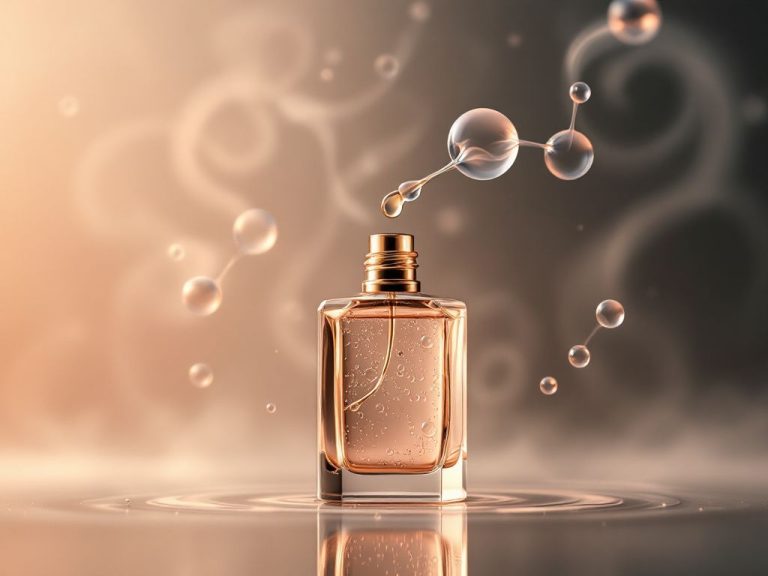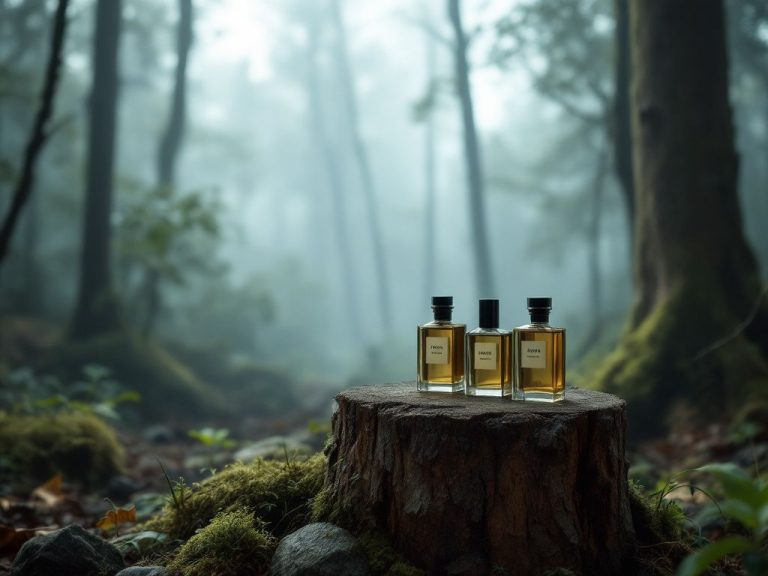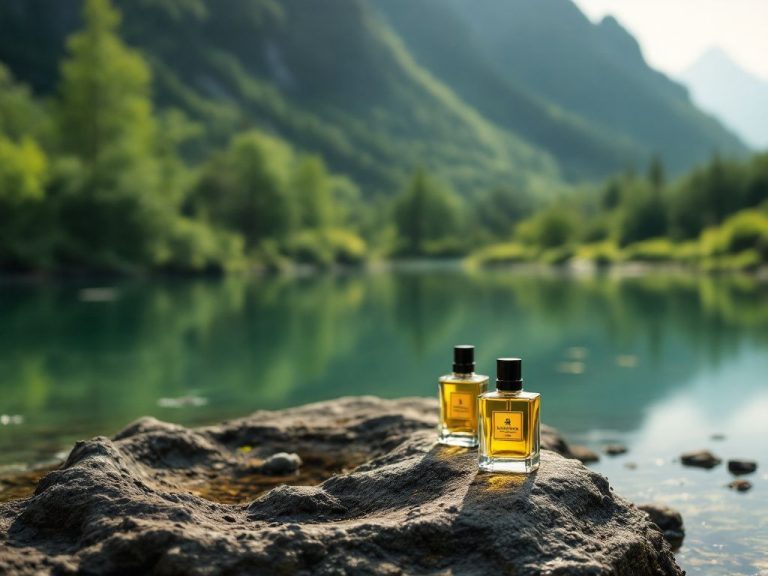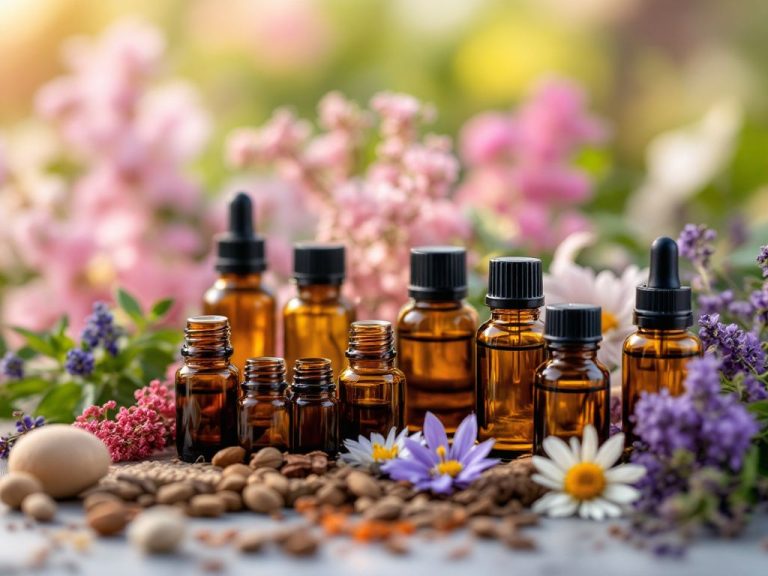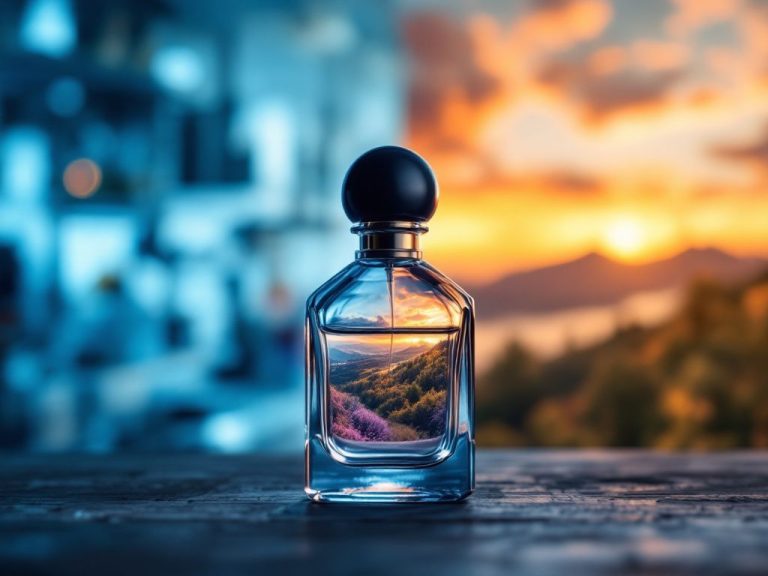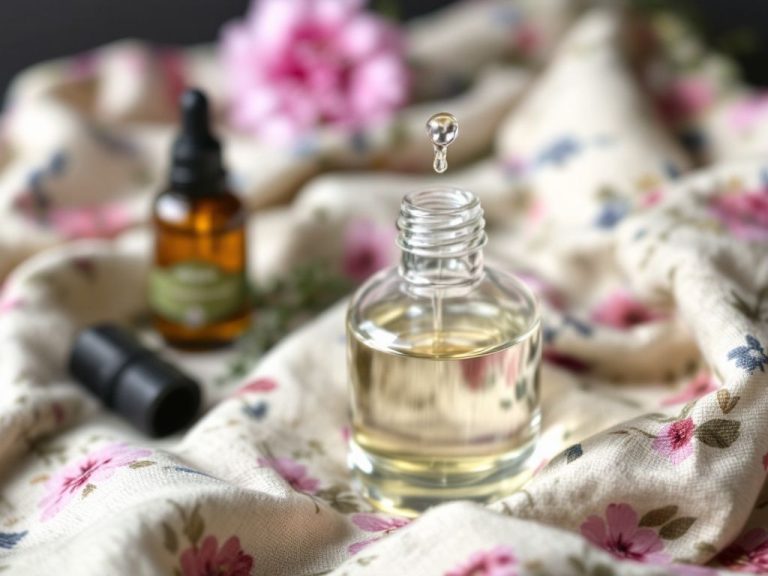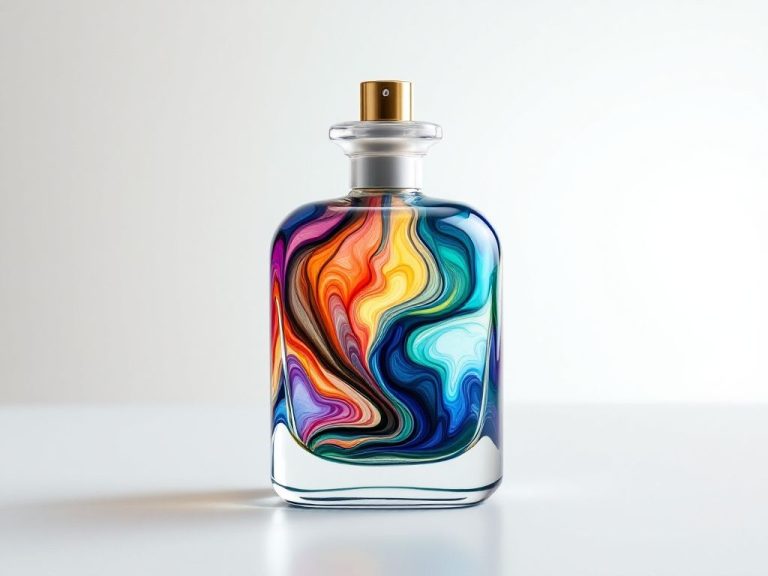
Unlocking the Natural Perfume Color Science
Ever caught yourself wondering about those enchanting colors swirling inside a bottle of your favorite natural perfume? The color of a natural perfume tells a story of its own, linked to the natural ingredients producing distinct chromatic elements.



